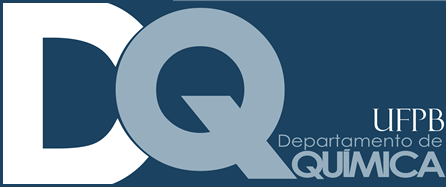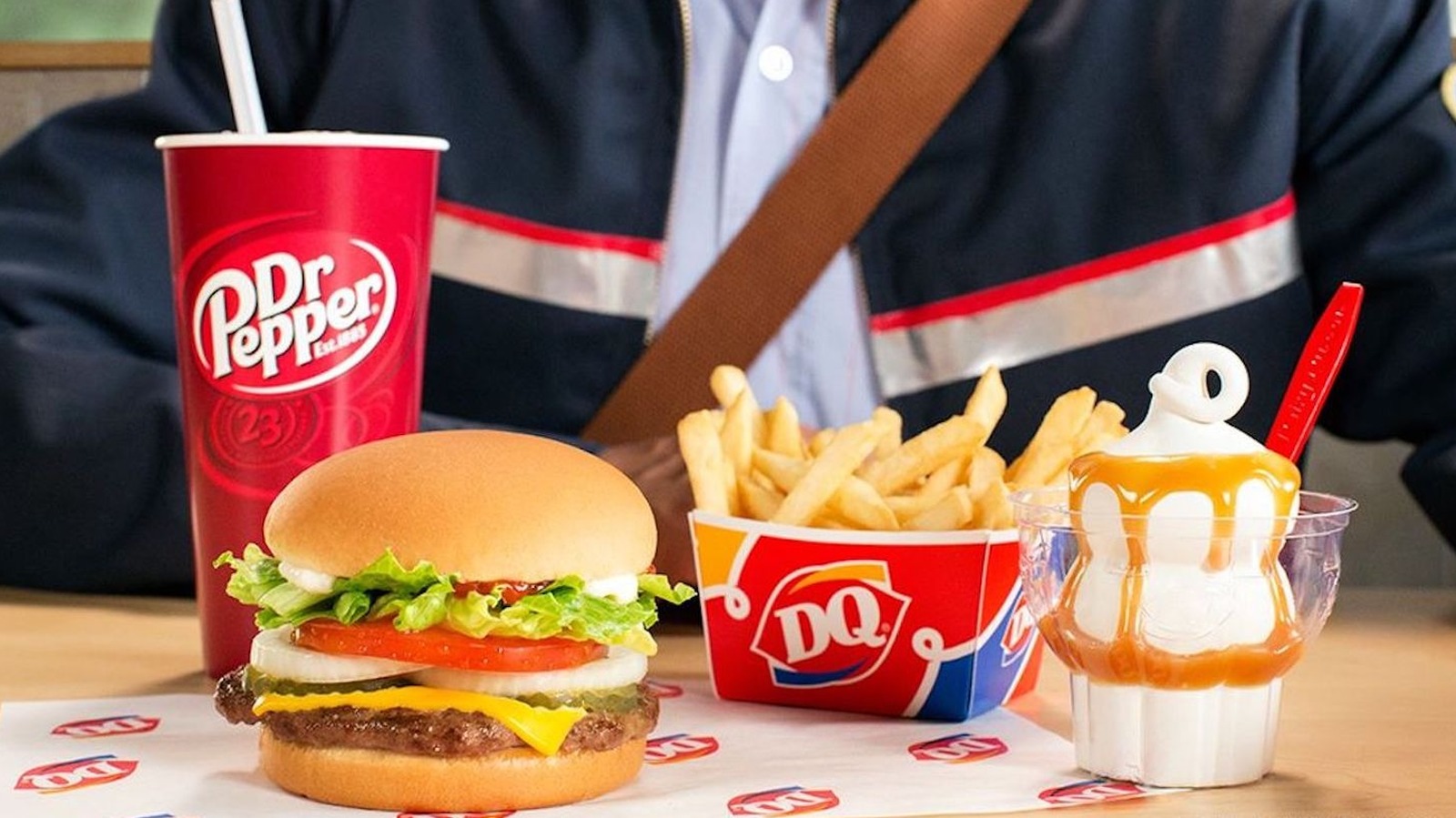Dairy Queen And The Israel-Palestine Conflict: What You Need To Know
In today's interconnected world, consumers are increasingly conscious of the ethical stances and affiliations of the brands they support. Beyond just product quality and price, questions about a company's social responsibility, environmental impact, and even its political leanings have become significant factors in purchasing decisions. Amidst ongoing global events, particularly the Israel-Palestine conflict, many individuals are seeking clarity on where major corporations stand. Fast-food chains, widely recognized for their global reach and consumer impact, have naturally come under scrutiny due to their associations and perceived support for either side. This article aims to shed light on a common question: "Does Dairy Queen support Israel?"
Dairy Queen's Official Stance: A Public Neutrality
When delving into the official position of Dairy Queen regarding the Israel-Palestine conflict, the most consistent answer that emerges from corporate communications is one of neutrality. Dairy Queen, as a corporation, publicly maintains a neutral stance on the Israeli-Palestinian conflict. This means that, unlike some companies that have publicly endorsed Israel’s actions or condemned Hamas’ attack, Dairy Queen has not given official statements about it, nor has it publicly stated a clear position on the matter.
Instead, Dairy Queen's communications typically revolve around community and customer engagement, focusing on its core business of serving treats and food. The company's public relations efforts generally steer clear of contentious geopolitical issues, opting to remain apolitical in its broad corporate messaging. This approach is common among many large multinational corporations that aim to appeal to a diverse global customer base without alienating any segment.
Understanding the Nuances: Franchise Model and Perceived Support
While Dairy Queen's corporate stance leans towards neutrality, understanding the full picture requires a look at its operational model and some specific mentions found in public discussions. As a franchised fast-food chain, it operates under a model where individual franchises can make certain local decisions. This decentralized structure means that while the corporate entity maintains neutrality, the actions or affiliations of individual franchisees might sometimes be interpreted differently by the public, though these are not reflective of the corporate stance.
Philanthropic Activities and Affiliations
One area that often leads to questions about a company's true stance is its philanthropic endeavors or affiliations. It's important to note that discussions around Dairy Queen's support for Israel are not clearly defined in public discourse, and generally, corporations tend to remain neutral on political matters. However, some data points suggest a more complex reality than outright neutrality. For instance, some reports indicate that Dairy Queen’s official policies outline its philanthropic strategies, including support for educational and health initiatives in Israel. These policies, if active and publicly known, could reveal a commitment to certain causes within Israel, which some consumers might interpret as indirect support for the state itself, even if the intention is purely humanitarian or educational.
Furthermore, the statement "Yes, Dairy Queen has been identified as a supporter of Israel, primarily due to its affiliation with the parent" adds another layer of complexity. While the specific "parent" company isn't detailed in the provided data, large corporations often have complex ownership structures or are part of larger conglomerates. If Dairy Queen's ultimate parent company has publicly expressed support for Israel or has significant investments there, this affiliation could lead to Dairy Queen being perceived as a supporter by association, regardless of its own direct statements.
- Light Community Church
- Chocolate Covered Strawberries San Francisco
- Bangkok Rooftop Club
- Pamela And Wes Mccoy Florida
- Virginia Gold Cup Photos
It's also worth noting that Dairy Queen actively promotes local community support through initiatives like "Miracle Treat Day," where local participating DQ® restaurants raise funds for children's hospitals. While these efforts are broadly charitable and community-focused, they highlight the brand's commitment to philanthropic activities that are often localized and tied to health and education, aligning with the type of initiatives mentioned in Israel.
The Broader Context: Consumer Scrutiny and Boycott Movements
The question of whether Dairy Queen supports Israel doesn't exist in a vacuum. It's part of a much larger global conversation about consumer power and corporate accountability. Global discussions on boycotting Israeli products and supporting brands increase amidst the crisis, with Muslims being urged even more by Islamic scholars to avoid Israeli brands. This movement, often associated with the Boycott, Divestment, Sanctions (BDS) movement, plays an important part in the Israel-Palestine discourse, targeting companies believed to be affiliated with or providing support to Israel, whether in moral or material terms.
Consumers are actively seeking information to make informed choices. There's a growing availability of tools and comprehensive lists that include the names of companies that have publicly endorsed Israel’s actions or condemned Hamas’ attack. Websites and apps now allow users to "search and check Israeli or Israeli-supporting products easily using our product/brand checker" to "check instantly which product or service belong to Israel or support it." This reflects a strong desire among consumers to "boycott products from Israeli manufacturers and supporters" and "play your part in by joining the global Israeli" boycott efforts.
The scrutiny isn't unique to Dairy Queen. Other major brands have faced similar questions. For example, "Disney has come under fire for direct support of Israel, in addition to the $2 million CEO Bob Iger pledged in funds for humanitarian relief in Israel after Hamas’ horrific terrorist" attack. Similarly, consumers have expressed dilemmas like, "I bought Apple devices before they announced (or before I knew) they supported Israel. It’s not like I can throw them out either since they are necessity. But what we can do is to now continue not" support them.
Companies sponsoring events like "Walk With Israel are being asked to consider their unconditional support for Israel, and need to ask themselves if they would" be comfortable with the implications of such support. This shows the increasing pressure on corporations to be transparent about their affiliations and to consider the ethical implications of their business practices.
Conclusion
In summary, Dairy Queen's official corporate stance on the Israel-Palestine conflict is one of neutrality, as it has not issued specific statements or publicly taken a clear position. Its communications typically focus on community and customer engagement. However, the perception of its stance is complicated by mentions of its philanthropic strategies, which reportedly include support for educational and health initiatives in Israel, and by claims that it has been identified as a supporter due to its affiliation with a parent company. For consumers seeking to align their purchasing habits with their values, understanding these nuances is crucial. While Dairy Queen maintains a public neutrality, the broader context of consumer activism and calls for boycotts means that even perceived affiliations can significantly influence public opinion and consumer choices.

Dairy Queen M&M's Milk Chocolate Candies Blizzard Treat TV Commercials

Logo DQ — UNIVERSIDADE FEDERAL DA PARAÍBA - UFPB DQ - Departamento de

What Time Does Dairy Queen Start Serving Lunch?